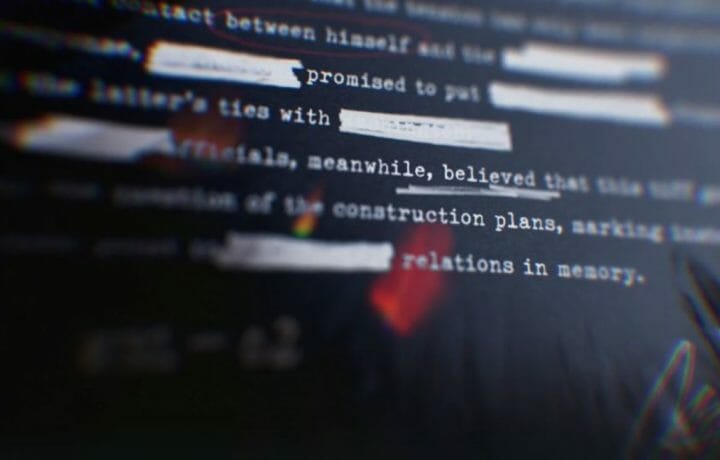The past few weeks have ushered in a new category of social media influencer – the security clearance expert who knows everything there is about security clearance classification and is ready to educate you on everything related to the security clearance process in light of the hundreds of pages of allegedly classified information recovered from Donald Trump’s Mar-a-Lago residence.
Just because security clearance topics are in the headlines doesn’t mean the average clearance holder should be rushing to weigh in, however – particularly when your need to weigh in on security clearance topics online involves divulging information related to SAP or other sensitive security clearance details.
“Every time I see it I’m just cringing because people are divulging all kinds of personal and professional information on the internet on open sources and telling everyone their ‘stuff.,” said Love Rutledge, executive coach and host of the FedUpward podcast.
You don’t need to keep your security clearance secret, but that doesn’t mean you need to advertise the details either. And when it comes to special access programs or other sensitive areas within national security, not divulging information is generally the best path to take.
When it comes to sharing details related to your national security work, there are two elements – what’s allowable, and what’s advisable. Just because you know something about the security clearance process doesn’t necessarily mean you know the intimate details of a national news story slowly being trickled out.
Got a clearance? Don’t View Classified Documents
Another caveat or caution for security clearance holders is to avoid reading any documents related to the Trump search warrant that are released, but still maintain their classification markers or status. Just because the documents are released in the public doesn’t mean they are declassified. Just because they’re released doesn’t mean a clearance holder should read them.
“A lot of us are interested to see what was in those documents if they were actually declassified…if the documentation or information hasn’t been declassified, even if it’s in the public space, anyone who has a clearance is not supposed to go and view it,” said Love.” So, just a reminder there – if the information does not provide to be declassified and is somehow put in the public domain, do not go and read it”




